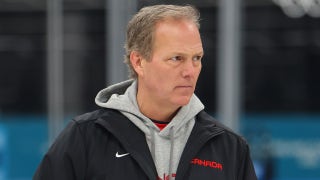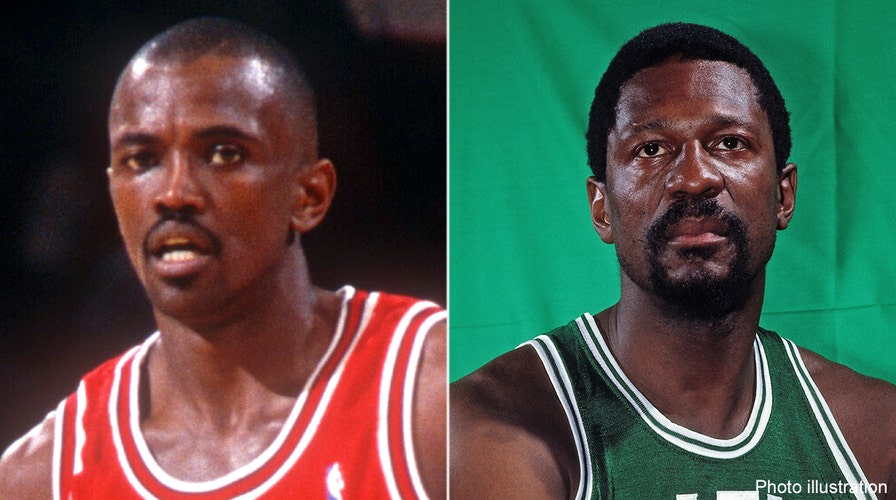Fox News Flash top headlines for August 27
Fox News Flash top headlines are here. Check out what's clicking on Foxnews.com.
Political and social unrest in the U.S. had led to talks about boycotts and strikes in the NBA long before Wednesday, when the Milwaukee Bucks refused to take the court for their playoff game against the Orlando Magic following the shooting of Jacob Blake in Wisconsin over the weekend.
Bill Russell on Wednesday praised players who decided to forgo their games, nearly 60 years after he led Black Celtics players in a boycott before a game against the St. Louis Hawks in 1961. It came after Sam Jones and Thomas Sanders were refused service at the team’s hotel in Lexington, Ky.
Russell led Sanders, Sam Jones and K.C. Jones in a boycott despite pleas from Celtics coach Red Auerbach to reconsider, according to The Washington Post. Al Butler and two Black St. Louis players joined them.
“I told Red we were leaving,” Russell said in 2013. “I said it was because it was important to me that everybody, everywhere, knows that the Black players are deciding they’ll stand up for themselves.”
The walkout was rehashed amid the NBA players’ decision to step away from the court over the shooting.
Earlier in the year, in the wake of George Floyd’s death and the ensuing protests and calls for change, former Chicago Bulls player Craig Hodges said he had tried to convince players to boycott their playoff game over the Rodney King incident in 1991.
Hodges said on “The No-Sports Report” in June that he wanted his teammate Michael Jordan and Los Angeles Lakers icon Magic Johnson to boycott Game 1 of the 1991 NBA Finals to send a message in the fight for social justice.
“But, you know, for me it was one of those things where I had talked to Michael [Jordan] about opening up the same manufacturing we have overseas in America, and that's being able to produce shoes and stuff here, and that's the part that I felt like we kind of missed the boat,” Hodges said on the podcast. “And as far as the 1991 championship on both levels, Chicago and Los Angeles, two of the biggest media markets -- what would’ve happened if we would have said, we want to have a work stoppage and we want to change the conditions of police and civilians?
“But at that period of time, I was asking us to boycott in order to create some type of an ownership, Black ownership within the league, having a league look reflective on the ownership level to what was on the court,” Hodges added.
CUBS' ANTHONY RIZZO RIPS POLITICIANS AS MLB GAMES POSTPONED OVER JACOB BLAKE SHOOTING
“And it continues today. You know, I seen yesterday, where the league is talking about some type of racial justice committee or whatever. I'm glad to see that. Hopefully, they'll bring in Mahmoud Abdul-Rauf and myself and other players who I'm sure feel like they have been castigated in the past.”
In 2017, Hodges spoke to The Guardian about the fight for social justice, and he said that he thought the basketball stars in his day were “caught up in individual branding rather than a unified movement.”
CLICK HERE FOR MORE SPORTS COVERAGE ON FOXNEWS.COM
In his book, “Longshot: The Triumphs and Struggles of an NBA Freedom Fighter," Hodges wrote that he told Jordan and Johnson that the Bulls and Lakers should sit out the opening game, so “we would stand in solidarity with the black community while calling out racism and economic inequality in the NBA, where there were no black owners and almost no black coaches despite the fact that 75 percent of the players in the league were African-American.”
Jordan reportedly told Hodges he was “crazy” while Johnson said: “That’s too extreme, man.”
“What’s happening to our people in this country is extreme,” Hodges replied at the time.
Fox News’ Dan Canova contributed to this report.










































